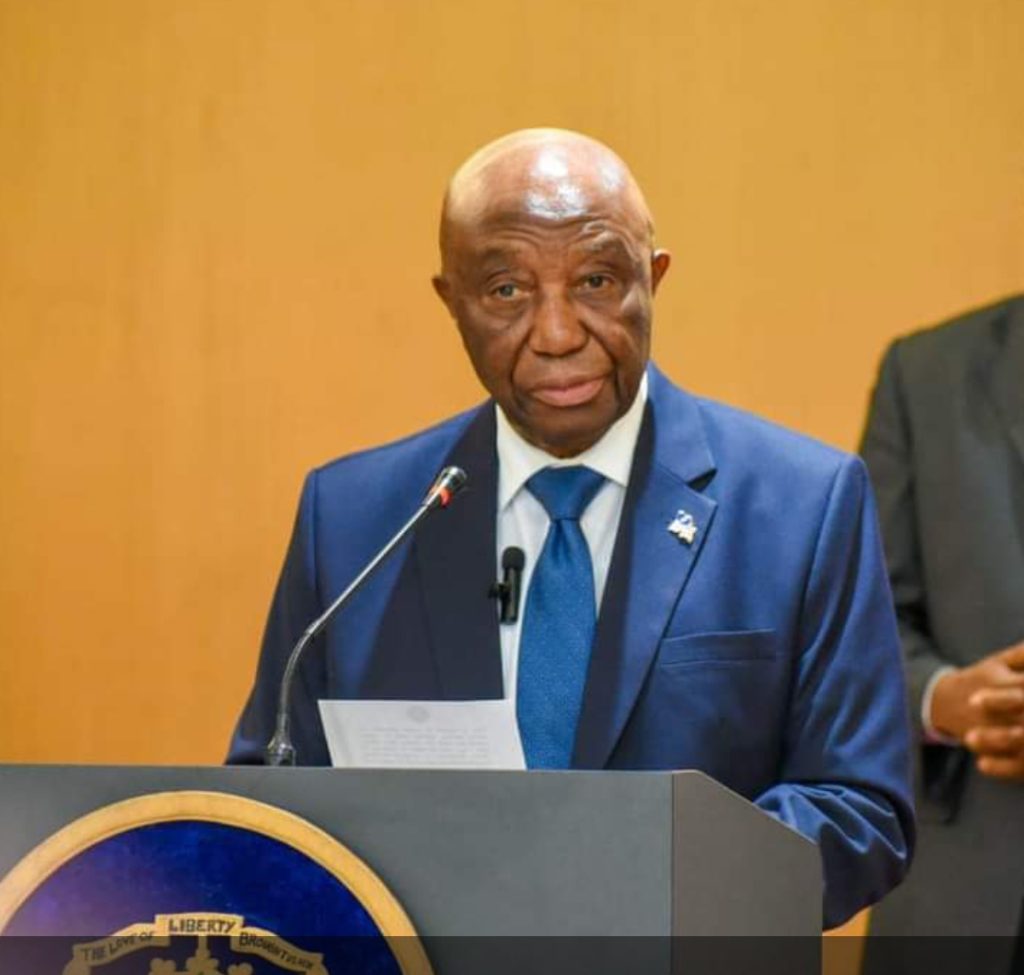President Joseph Nyuma Boakai of Liberia issued a directive on November 27, 2024, mandating all appointed government officials to declare their assets within ten days, in compliance with the 2014 Code of Conduct. This directive aimed to reinforce transparency and accountability within the government. However, despite repeated reminders and the stipulated deadline, a number of officials failed to comply, prompting the National Democratic Coalition (NDC) to call for their dismissal. The NDC emphasized that this non-compliance not only disregards the Code of Conduct but also demonstrates a lack of respect for the President’s office and undermines public trust in the government.
The NDC’s demand for dismissal stems from the officials’ blatant disregard for the presidential directive and the legal framework established by the Code of Conduct. The Code clearly stipulates a 30-day window for asset declaration following appointment, a timeframe significantly exceeded by the non-compliant officials. The Executive Mansion, echoing the NDC’s concerns, highlighted that this failure contravenes Article 2, Section 10.2(h) of the Amended Code of Conduct, which mandates the suspension of non-compliant officials until they fulfill their declaration obligations. This emphasizes the seriousness of the infraction and the government’s commitment to enforcing the law.
The NDC argues that asset declaration is a cornerstone of good governance, serving as a crucial tool in the fight against corruption. By requiring officials to disclose their financial holdings, the process helps to prevent illicit enrichment, detect potential conflicts of interest, and foster public confidence in the integrity of government officials. The party stressed that transparency and accountability are essential for maintaining the public’s trust in government institutions and ensuring the ethical conduct of public servants. Therefore, the failure of these officials to declare their assets represents a significant breach of public trust and a potential threat to the integrity of the government.
The 2014 Code of Conduct, as amended, underscores the importance of asset declaration as a mechanism for promoting transparency and accountability within the Liberian government. The failure of appointed officials to comply with this legal requirement not only undermines these principles but also sets a dangerous precedent. By ignoring the presidential directive and the legal framework, these officials are signaling a disregard for the rule of law and the principles of good governance, thus eroding public trust and potentially facilitating corruption.
The NDC’s call for dismissal underscores the seriousness of the situation and the need for swift action to address the non-compliance. By holding these officials accountable, the government can send a clear message that such behavior will not be tolerated and that adherence to the Code of Conduct is non-negotiable. Furthermore, taking decisive action can help to restore public confidence in the government’s commitment to transparency and accountability.
The incident highlights the ongoing challenges in promoting good governance and combating corruption in Liberia. It underscores the importance of not only establishing legal frameworks like the Code of Conduct but also ensuring their consistent enforcement. The government’s response to this situation will be a crucial test of its commitment to upholding the principles of transparency and accountability and ensuring the integrity of its institutions. The NDC’s vocal stance on this issue further emphasizes the role of civil society in holding the government accountable and advocating for good governance practices.














